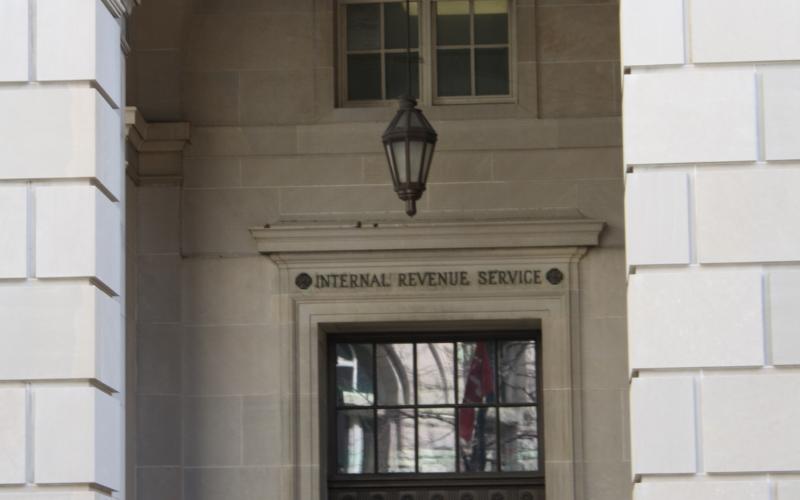
I just read an article in the Harvard Business Review entitled “When to Make the First Offer in a Negotiation” by Katie Shonk. She offers several good ideas including:
Who should go first?
She states:
“When engaged in claiming value in negotiation, our perceptions of a particular offer’s value are significantly influenced by any relevant number, or anchor, that is introduced. Especially when ambiguity and uncertainty are high, the first offer that a party puts forth will have a strong anchoring effect on the negotiation that follows. Even when we know a particular anchor should not affect our judgment, we have difficulty resisting its influence.”
It is very important to understand the Zone Of Possible Alternatives (ZOPA) sometimes referred to as the range of possible outcomes and how strong a sense each party feels they have with their position. Even more important is understanding your own interests and the interests of the other party as well as the emotion tied to the issue.
Given my work as mediator or negotiator in business to business, business to government, and within businesses I find the commentary above to be right on point. Often issues that I am involved with as they relate to the IRS tend to be “gray” in nature and subject to interpretation. The easier straight forward questions have been answered. I want to share with you an interesting case I was involved with on a case that a client of mine had with the IRS.
I was involved in this case a silent member of the negotiating team of the taxpayer. I was hired by a CPA firm that was representing an estate. The CPA firms was addressing an issue with the IRS. The IRS did not know I was working with my client.
In the end an adjustment was made to a business valuation that increased the value of the estate requiring the estate to pay additional tax. I was involved with assisting my client in the resolution of the Discount for Lack of Marketability (DLOM). The estate originally had a DLOM of 25% and the IRS estate and gift tax attorney proposed a DLOM of 10%. After exploring the facts of the case, applying the IRS Job Aid on DLOM updated with information from my book on the topic, the IRS and my client agreed to a DLOM of 24%. However, given an increase in value of even a 1% change in the DLOM this was still a material amount. As a result of the change to the value to the estate there were four other returns that would also be impacted.
This is where the negotiation takes place that I want to bring to your attention.
The IRS has a mission statement that states
The proposal was to have the estate pay the additional tax from the audit of the estate and the additional tax for the four other impacted returns by the change in the DLOM from 25% to 24%. Since the IRS was still receiving the proper amount of tax, and given the mission statement above this proposal seemed reasonable to me. With the proposal the tax responsibilities were being met and the law was being enforced with integrity and fairness to all of the parties involved.
I suggested that the CPA firm ask that instead of incurring the costs of filing four amended returns (and possibly increasing the possibility of an audit on those four returns), that if the estate and the other four parties agreed, the estate would pay the tax associated with the estate and the four other parties as a way to avoid additional transaction costs. This would also mean that the IRS would receive the proper amount of tax sooner and not have to process the four amended returns. The question is would the IRS accept this? The CPA firm conducted a financial analysis and determined the additional tax for the four other returns. The CPA firm contacted all of the parties and all of the parties were willing to agree to this proposal and document this with affidavits. The proposal was presented to the IRS estate and gift tax attorney. The IRS estate and gift tax attorney indicated that this proposal was out of the norm and given his understanding of his authority, he indicated he would not be able to go along with this proposal. Given his response I suggested to the CPA firm that the CPA firm raise the issue in management. The CPA firm elevated the issue to the estate and gift tax manager. Upon a review of all of the facts from the CPA firm and with the concurrence of the facts by the IRS estate and gift tax attorney the estate and gift tax manager concurred with the proposal.
What this points out relative to a negotiation is:
Don’t be afraid to ask for higher level approval;
Don’t be afraid to think outside of the box;
Think creatively;
Propose other alternatives;
Explore your own interest; and
Explore the other party’s interest.
In the end you may be able to overcome barriers and work towards a solution that may meet the interests of all of the parties in a creative way that improves upon the initial agreement.
